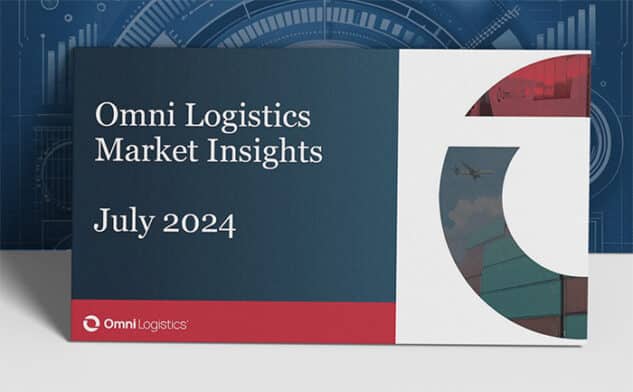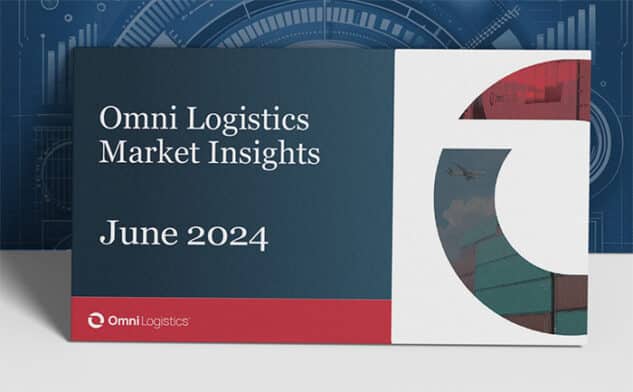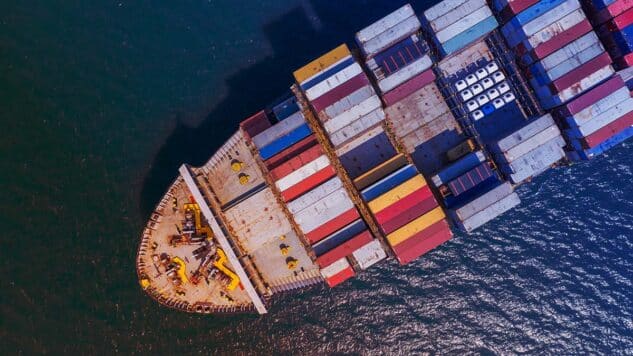Section 301 Updates
On March 23rd, the Office of the United States Trade Representative (USTR) announced its intention to reinstate product exclusions in the China Section 301 investigation that were previously granted and extended. Reinstating 352 of the 549 eligible exclusions out of the 2,200 put to vote, the reinstated product exclusions will apply retroactively as of October 12, 2021 and extend into the future through December 31, 2022.
The USTR invited the public to weigh in on whether or not to reinstate particular exclusions in their October 8 notice. The notice set out the following factors to be considered for possible reinstatement:
- “Whether the particular product and/or a comparable product is available from sources in the United States and/or in third countries.”
- “Any changes in the global supply chain since September 2018 with respect to the particular product or any other relevant industry developments.”
- “The efforts, if any, the importers or U.S. purchasers have undertaken since September 2018 to source the product from the United States or third countries.”
- “Domestic capacity for producing the product in the United States.”
Taking into consideration whether or not reinstating the exclusions would cause severe economic harm to the commenter or other US interests – including small businesses, employment, manufacturing output, and critical supply chains in the US – the USTR carefully weighed the decision to bring this to the public as it would also impact the exclusions on the elimination of China’s acts, policies, and practices covered in the Section 301 investigation.
The imports which have been granted product exclusions from the Section 301 measures and not subject to duties, are not covered by the Foreign Trade Zone (FTZ) provisions of the Section 301 Federal Register notices, but rather FTZ provisions 19 CFR part 146. In order to request a refund of Section 301 duties paid on previous imports granted by the exclusions from the USTR, importers may file a Post Summary Correction (PSC) within the PSC filing timeframe.
Should a product exclusions be requested and the request is still pending with the USTR, importers or their licensed representatives may submit a request to extend the liquidation of impacted unliquidated entry summaries to CBP.
Reasons for Reinstatement
USTR’s decision to reinstate the exclusions is part of the agency’s ongoing effort to realign U.S. trade policies toward China under President Joe Biden. In her testimony to the House Committee on Ways and Means on the President’s 2022 Trade Policy Agenda, Ambassador Katherine Tai said that it is time to turn the page on the old playbook with China; that rather than seek to change China’s behavior, the U.S. must develop new domestic tools to defend its economic interests. Whether such tools will include elements of the “old playbook,” such as tariffs, remains unclear. However, some lawmakers are keen to have an established exclusion process available if the tariffs remain for the foreseeable future.
In the coming weeks, Congress is expected to convene a conference committee to resolve differences between the Senate’s United States Innovation and Competition Act of 2021 (S.1260) (USICA) and the House of Representatives’ America COMPETES Act of 2022 (H.R. 4521) (COMPETES). Among many other provisions on science, innovation and trade, USICA would reinstate all expired Section 301 product exclusions and establish a new exclusion process at USTR. COMPETES does not contain any such language and takes a vastly different approach to trade than USICA. It remains an open question whether the chambers can resolve the significant trade differences as part of overall negotiations to reconcile the two bills aimed at strengthening U.S. competitiveness with China.
Although the reinstated exclusions are set at the end of this calendar year, USTR remains open to “further extensions[,] as appropriate.” The agency, however, would likely prefer to maintain flexibility to adjust the tariff toggle in the ongoing Section 301 dispute with China.
Another avenue of relief available to importers is to participate, as a plaintiff, in the ongoing Section 301 litigation (currently awaiting decision from the U.S. Court of International Trade, before likely being appealed to the U.S. Court of Appeals for the Federal Circuit). Importers not currently party to the litigation may still join the 4,000-plus plaintiff class, so long as they import/imported Chinese-origin products, appearing on the so-called Lists 3 and 4A, and have paid Section 301 duties thereon.
If you have any questions about how USTR’s action and to check to see if any of the exclusions apply to your imports, please reach out to OTS@omnitradeservices.com



